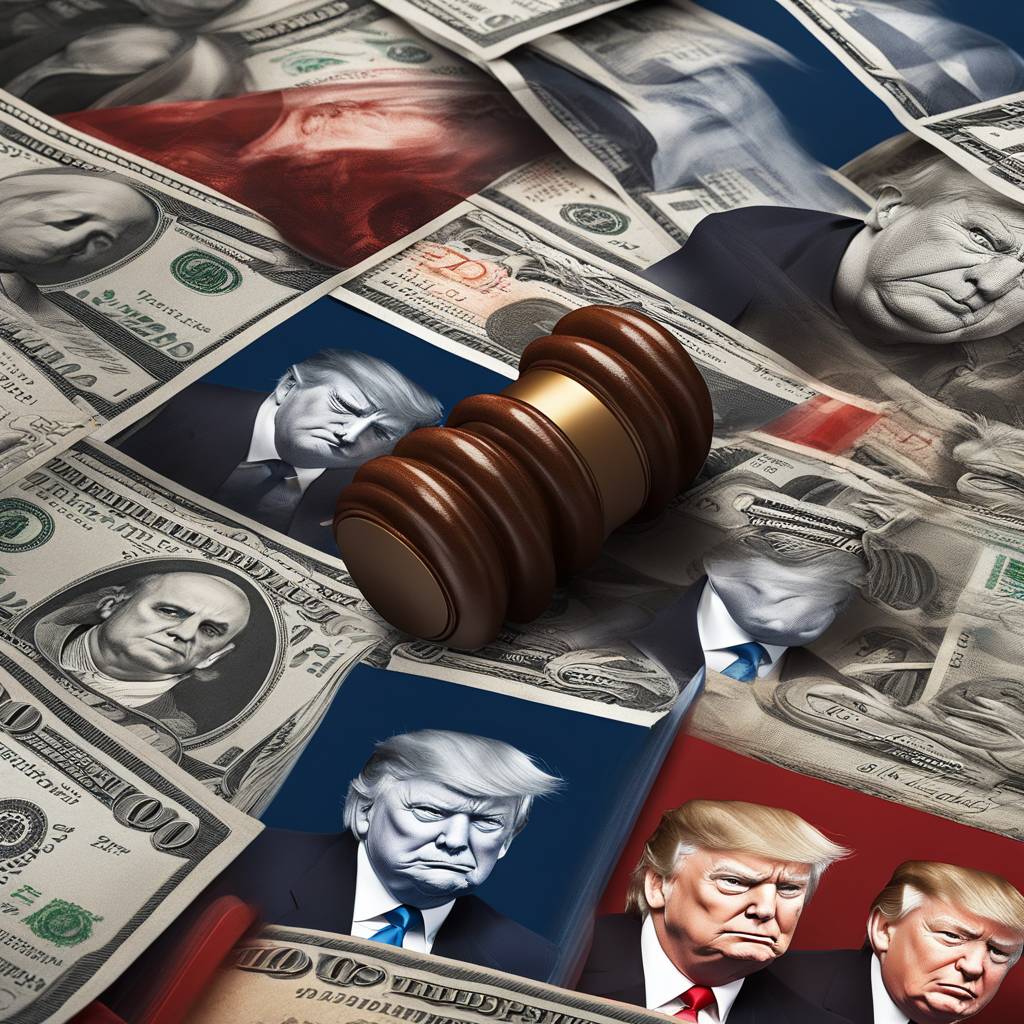The judge overseeing former President Donald Trump’s New York criminal trial denied his request to delay the start of the trial until after the US Supreme Court rules on Trump’s claim of presidential immunity. Judge Juan Merchan called the motion untimely, citing that Trump’s lawyers had multiple opportunities to raise the issue prior to the trial. Merchan emphasized that Trump was aware of the evidence that prosecutors intended to offer at trial and had already briefed the same issue in federal court.
Merchan had previously ruled that Trump’s lawyers could object to the introduction of evidence at trial that they believed was tied to presidential acts. However, he did not address the issue further in his recent ruling denying the motion to delay the trial. The judge stated that he would not consider whether the doctrine of presidential immunity precludes the introduction of evidence of purported official presidential acts in a criminal proceeding. Trump filed the motion on March 7, when the trial was originally scheduled to begin on March 25. The trial was later postponed to April 15 due to a large number of documents provided by federal prosecutors.
The judge’s decision to deny Trump’s motion to delay the trial highlights the importance of timely legal procedures in criminal cases. Merchan found that Trump had numerous opportunities to raise the issue of presidential immunity before the trial date, and therefore deemed the motion untimely. Despite Trump’s attempt to delay the trial until after the Supreme Court rules on his immunity claim, the judge’s ruling rejected this request and maintained the scheduled start date of April 15.
Trump’s legal team has been given the opportunity to object to specific evidence introduced at trial that they believe is connected to presidential acts. However, the judge’s recent ruling did not delve further into the issue of presidential immunity and its implications on the trial. Merchan’s decision underscores the need for timely and decisive legal actions in criminal cases, showcasing the court’s expectation for parties to adhere to established deadlines and procedures.
The trial proceedings have been subject to delays due to various factors, including the late submission of documents by prosecutors. Trump’s motion to postpone the trial until after the Supreme Court rules on his presidential immunity claim was denied, emphasizing the need for adherence to legal timelines and processes in criminal cases. Despite previous rulings allowing Trump’s lawyers to object to evidence related to presidential acts, the judge did not address the broader issue of presidential immunity in his latest decision. As the trial date approaches, the court is focused on ensuring that proper legal procedures are followed for a fair and efficient judicial process.













